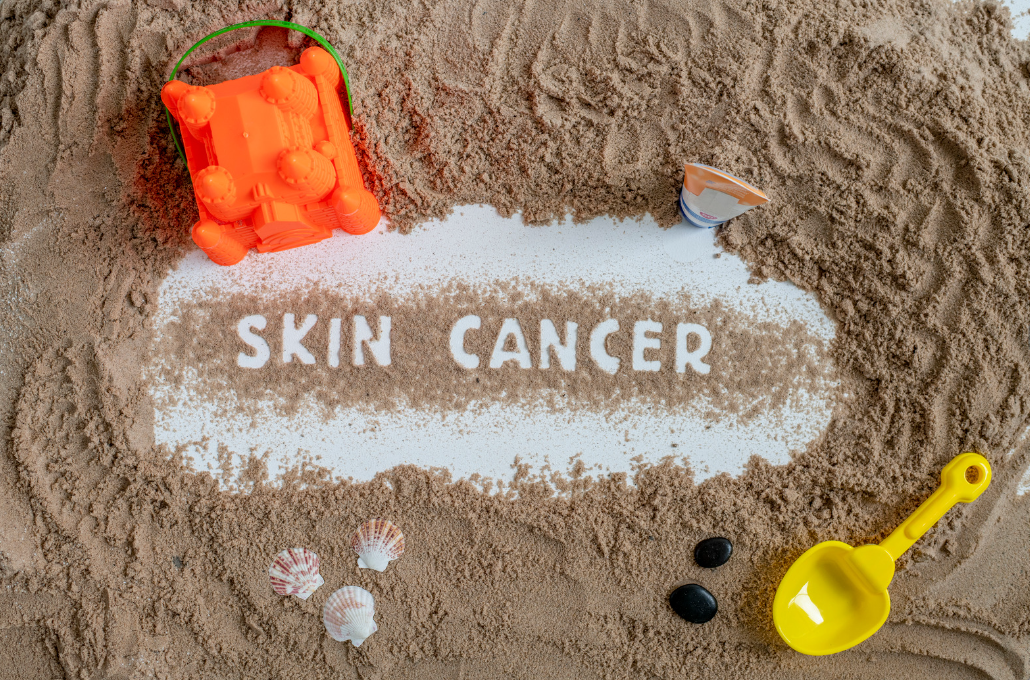
The lowdown on the skin cancer jab: what exactly is it and who can have it?
An important trial of the world’s first vaccine against melanoma, the deadliest form of skin cancer, is currently under way in the UK.
The jab is in its final stages of trials at University College London Hospitals (UCLH) where patients began trialling the vaccine earlier this year. Melanoma affects about 132,000 people a year globally and is the biggest skin cancer killer. Currently, surgery is the main treatment although radiotherapy, immunotherapy and chemotherapy are also sometimes used. Experts are testing new jabs against this form of skin cancer that are personalised for each patient to tell their body to hunt down the cancer cells to prevent the disease coming back.
What is a cancer vaccine?
When doctors talk about cancer vaccines, they don’t mean an injection given during childhood that protects you from cancer in later life. The idea of a cancer vaccine is that it is tailored to each individual person with cancer to help stop the cancer coming back or spreading. Their cancer cells are studied, the flag-like antigens are identified (the little molecules that stick out all over the surface of a cancer cell) and a vaccine is made to give to that person only to fight those antigens.
How does the melanoma vaccine work?
The skin cancer jab, known as mRNA-4157 uses the same technology as current Covid vaccines. It is personalised, meaning that the make-up of it is changed to suit every individual patient. It is created to match the unique genetic makeup of the patient’s own tumor and works by instructing the body to make proteins or antibodies to attack their cancer cells. In other words, it is designed to trigger the immune system so it can fight back against a patient’s specific type of cancer and tumour.
What the experts say
Dr Heather Shaw, the national coordinating investigator for the trial said that the jabs had the potential to cure people with melanoma and is also being tested in other cancers including lung, bladder and kidney.
“This is one of the most exciting things we’ve seen in a really long time,” Shaw told the Guardian newspaper, “and it’s a really finely honed tool. To be able to sit there and say to your patients that you’re offering them something that’s effectively like the Fat Duck at Bray versus McDonald’s - it’s that level of cordon bleu that’s coming to them…and patients are really excited about it.”
Who can have the jab?
Patients must have had their high-risk melanoma surgically removed in the last 12 weeks to ensure the best result. The UK part of the international trial is aiming to recruit at least 60 – 70 patients across 8 centres including London, Manchester, Edinburgh and Leeds. It is not yet available routinely on the NHS outside of clinical trials.
Experts in some other countries, including Australia, are also trying it on patients, to gather more evidence and see whether it should be rolled out more widely.
Melanoma symptoms to look for:
A new abnormal mole.
An existing mole that seems to be growing or changing.
The ABCDE checklist can help identify if a mole is abnormal:
A – asymmetrical (does the mole have an uneven shape?)
B – border (are the edges jagged or blurry?)
C – colour (is it an uneven colour with different shades and tones?)
D – diameter (is the mole bigger than your other ones?)
E – evolving (is the mole changing, such as starting to itch, bleed or become crusty?)
The earlier a melanoma is detected, the easier it is to treat and the more likely treatment is to be successful. Keep a check of the moles on your face and body and be aware of any changes. And if you do notice any changes to a mole, have it checked as soon as possible with your GP or even better book straight in to show it to a consultant dermatologist as they are better trained than a GP to spot the first signs of skin cancer.
By Lucia Ferrari
Shop Bestsellers




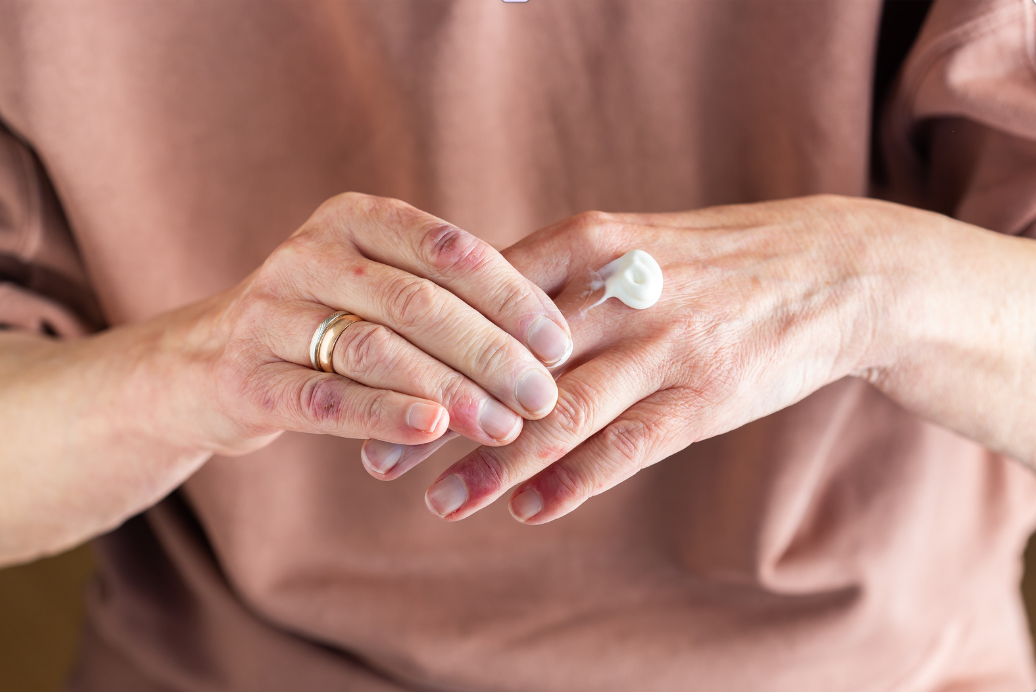
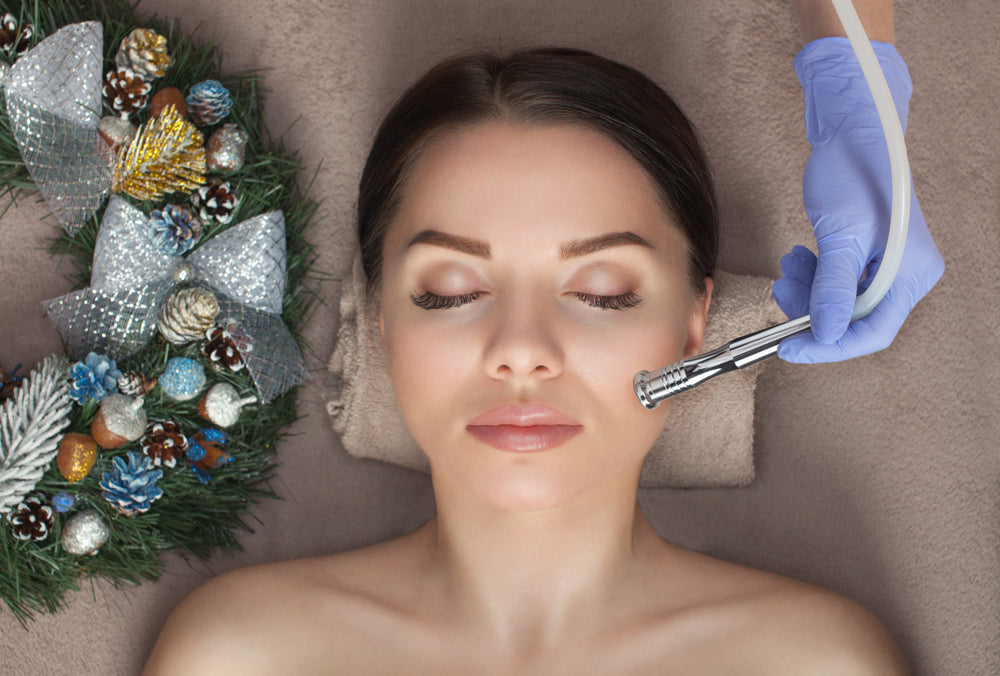


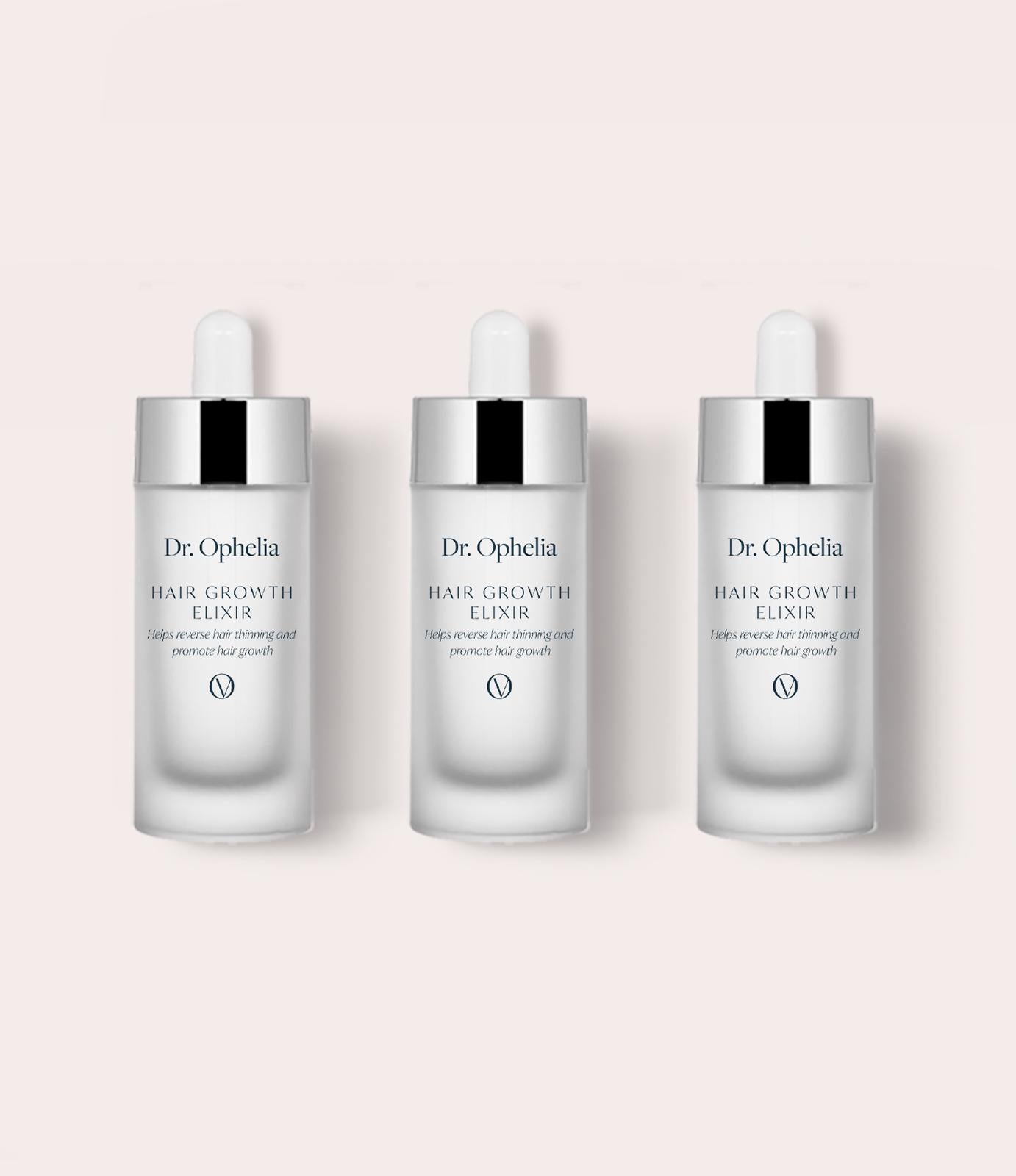

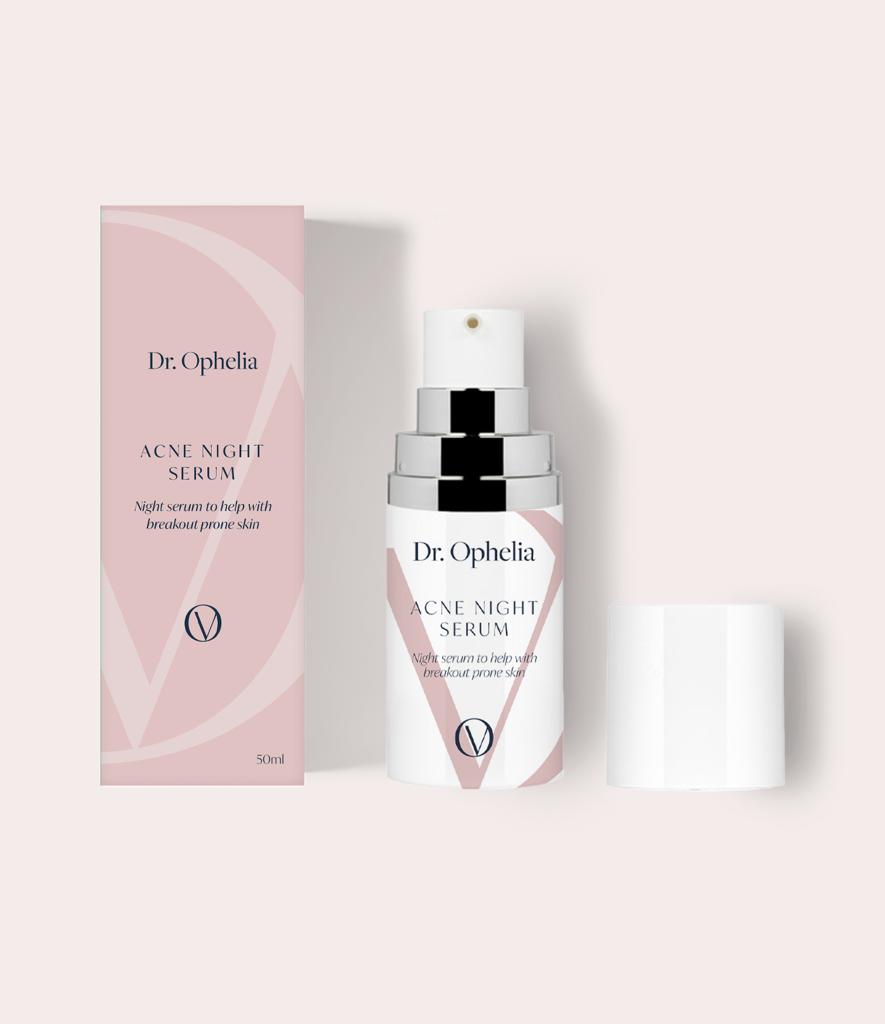
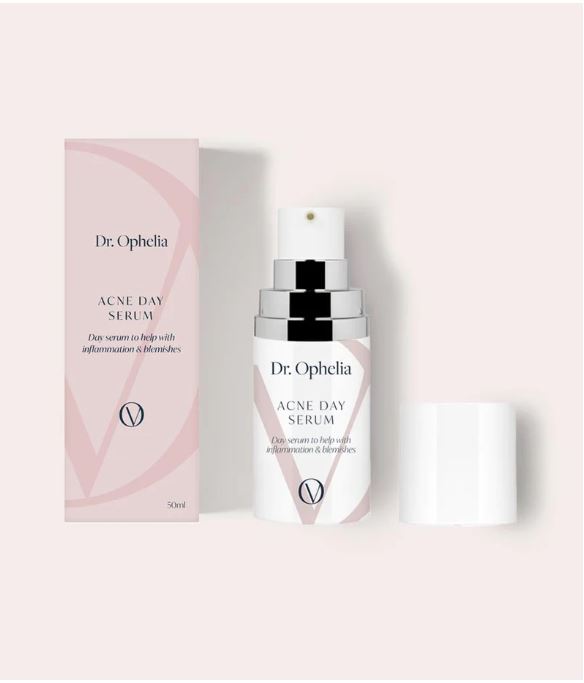
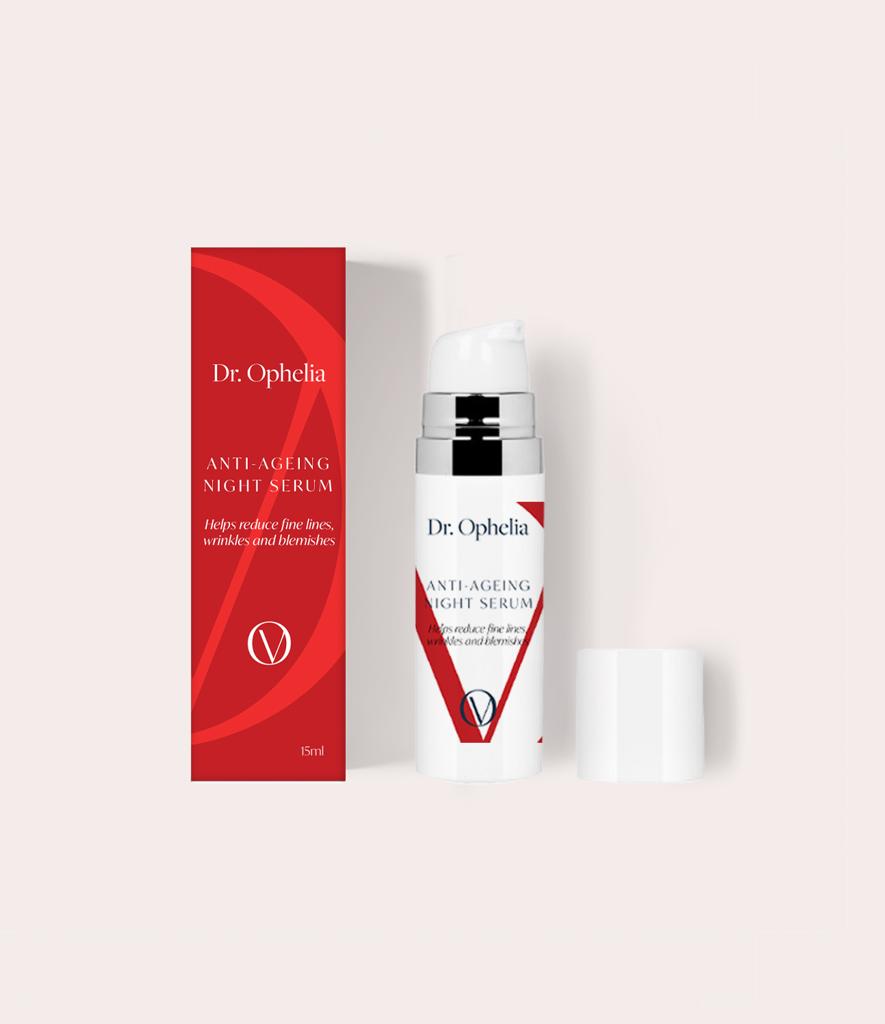
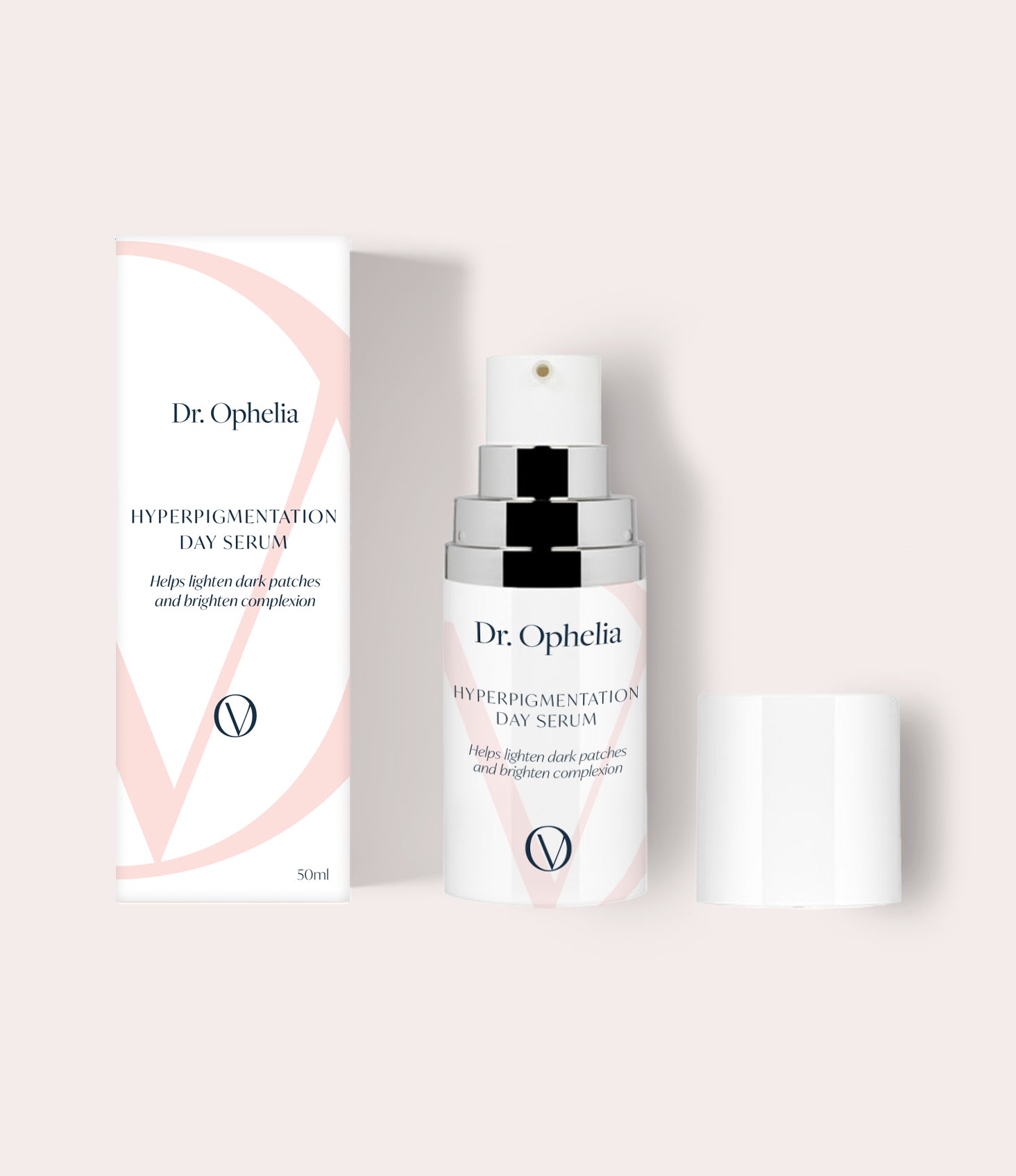
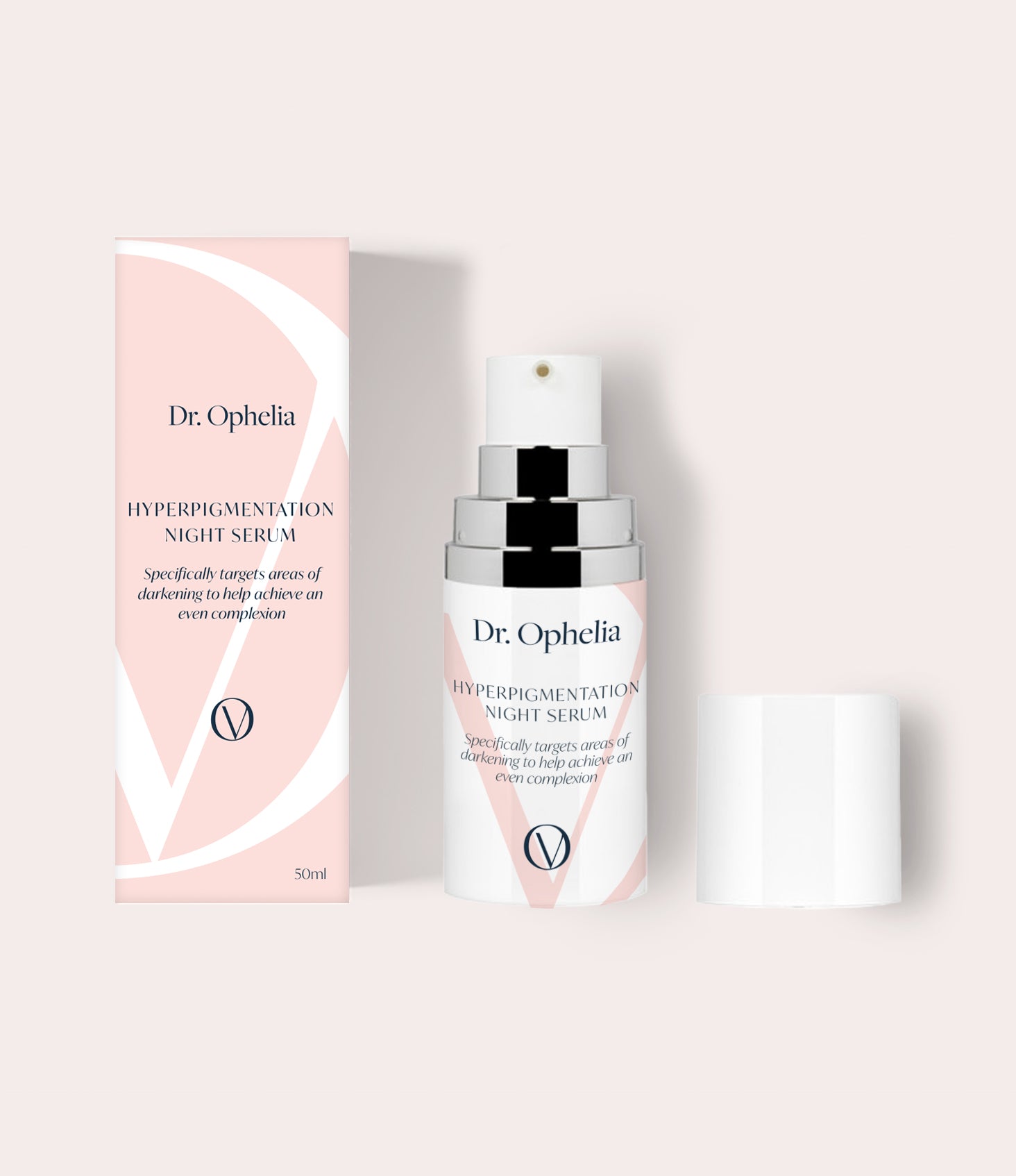
Leave a comment
This site is protected by hCaptcha and the hCaptcha Privacy Policy and Terms of Service apply.